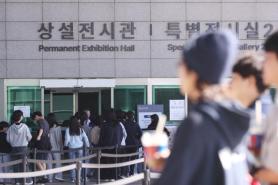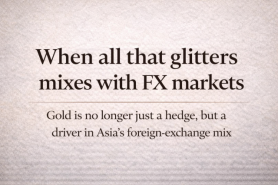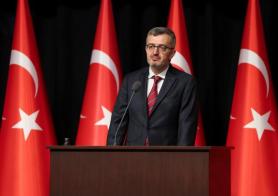
KENOSHA -- Last month after the G20 (Group of 20) meeting in India, President Joe Biden stopped in Hanoi to sign a historic agreement making the United States a top-level strategic partner, on the same level as China and Russia. As a military honor guard greeted Biden, a flock of school children waved American flags.
Vietnam’s rapid climb reflects the government’s 1986 decision to open the doors to private investment and commerce. The term “doi moi,” which translates from Vietnamese as renovation or reform, became the formal label for these economic changes. They mirror similar important reforms in China since the late 1970s.
In November 2017, the Asia Pacific Economic Cooperation (APEC) Summit took place in Danang, Vietnam.
APEC has become one of the most important intergovernmental networks in East Asia for the promotion of trade and investment. President George H.W. Bush and Secretary of State James Baker deserve great credit for making APEC a firm reality. Prime Minister Bob Hawke of our close ally Australia conceived APEC.
Australia has embraced free markets, and a more explicit national commitment to tolerance, directly reflected in official policy toward indigenous populations. The Obama administration's decision to station a U.S. Marine contingent in Australia underscores the strong bilateral ties between the two nations, dating back to World War II.
Vietnam also hosted the 2006 APEC summit. That gathering provided an opportunity to highlight the nation’s economic growth and the wider commitment to multilateralism.
For understandable reasons, the nation for a long time was a special case. For years after Hanoi’s military victory in 1975, unified Vietnam was unable to turn the corner from political revolution to economic development. Vietnam did not join the Association of Southeast Asian Nations until 1995, nearly three decades after the creation of the regional development organization.
Recent years have witnessed an escalation of maritime conflicts across Asia. For example, in April 2014 China authorities impounded the Baosteel Emotion, a freighter of Japan’s Mitsui O.S.K. Lines. The move was part of commercial claims resulting from World War II. The two nations also both claim the Senkaku Islands.
China and Vietnam are traditional enemies, a reality masked by their ideological alliance as Communist partners during the long Vietnam War. Maritime conflicts and occasional violent clashes between these nations continue.
There are military security aspects to APEC summits, though the focus is economics. In the 2008 summit held in Peru, Americans and Russians discussed differences over Moscow’s invasion of Georgia, and missile developments in Europe and Korea. In 2006, Hanoi honored U.S. Defense Secretary Donald Rumsfeld and our government with a martial parade, complete with American flags – an ironic and truly poignant gesture.
This underscores the importance of a flexible and realistic approach to our national defense and national security policies, meaning that relations with any one adversary or potential ally must be evaluated in wider context. China is a much larger nation than Vietnam, currently engaged in a sustained substantial military buildup.
This may justify exploring limited military cooperation between the U.S. and Vietnam. Human rights and international law considerations must be part of any such evaluation. The basic strategic point is that nations have permanent interests, but alliances can and do shift.
French journalist Bernard Fall provides brilliant insight regarding Vietnam. He was reflective, unhurried, and utterly realistic.
Read Mr. Fall’s book, “The Two Viet Nams.” His spelling of the nation’s name reflects his respect for other cultures.
That is important, in business, diplomacy - and war.
Copyright ⓒ Aju Press All rights reserved.




